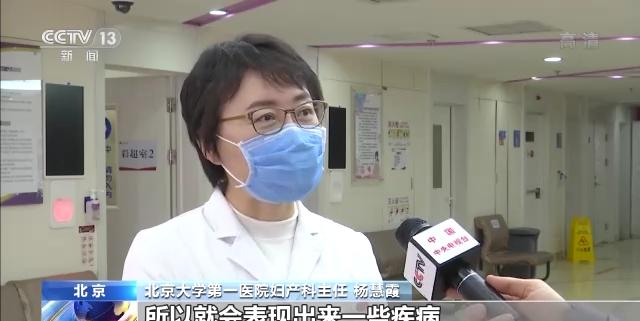Today (21 March) is the 11th World Down Syndrome Day. This year's theme is "Valuing Down Screening and Nurturing Healthy Babies", which aims to raise awareness and attention to Down syndrome in the whole society. So, what is Down syndrome? What are the serious consequences of developing Down syndrome?
Down syndrome: a serious birth defect
Down syndrome is a serious birth defect and is the most common chromosomal disorder, also known as trisomy 21 syndrome, caused by one more chromosome 21 in human cells. Data show that the incidence of Down syndrome in newborns is 1/600-1/1000.

Yang Huixia, director of the Department of Obstetrics and Gynecology of Peking University First Hospital: Under normal circumstances, each chromosome should be a pair, one from the mother and one from the father. If you are three chromosomes, the genetic material it carries and so on will show abnormalities, so it will show some diseases.
People with Down syndrome have severe, irreversible intellectual disabilities, cannot take care of themselves, and need to be cared for for for a long time, so they can have a great impact on the health and family happiness of sick children.
Yang Huixia, director of the Department of Obstetrics and Gynecology of Peking University First Hospital: Once the child is born, because his intelligence is affected to a certain extent, and he will also have some abnormalities in heart development and other aspects, the average life expectancy of these children will also be affected, so now when we are in pregnancy health care, we especially hope that through some of our screening methods, these children can be diagnosed in time during pregnancy.
Pay attention to prenatal screening to prevent and control birth defects
Medical staff suggest that Down syndrome is an occasional disease, and every couple has the possibility of having a Down child. Therefore, it is recommended that every pregnant woman should have an informed choice of prenatal screening for Down syndrome at the 12th to 22nd weeks of pregnancy to assess the pregnancy risk of Down's infants.
Yang Huixia, director of the Department of Obstetrics and Gynecology of Peking University First Hospital: Now it is mainly through the serological screening of pregnant women, or now it is also possible to screen out this disease in time through the detection of free fetal DNA in the blood of pregnant women, then these two methods are carried out in the first or second trimester of pregnancy. By screening out the results, we can further perform invasive prenatal diagnosis if they suggest high risk. For example, we can do villous puncture, we can also do amniocentesis in the middle pregnancy, these two methods can determine whether the fetus has trisomy 21 disease.